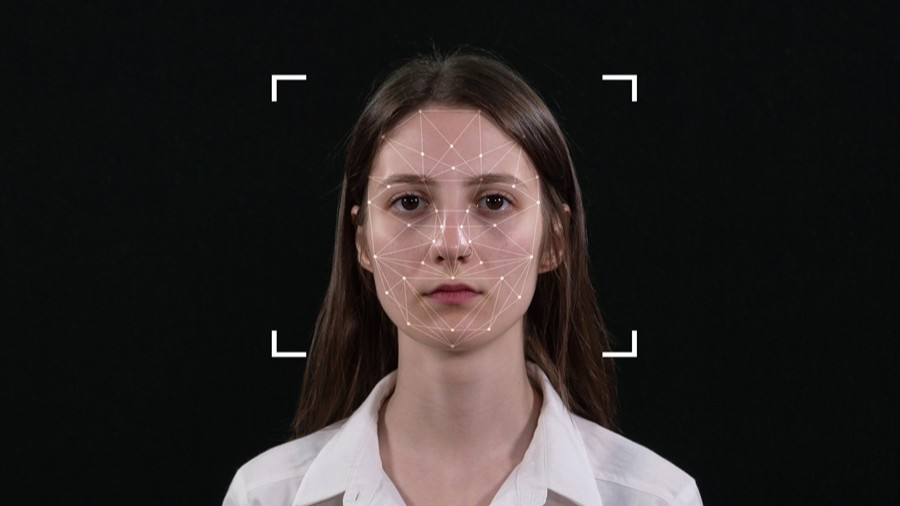Right to work checks: key guidance for UK technology employers
With Home Office compliance activity increasing and the Border Security, Asylum and Immigration Act 2025 introducing a tougher enforcement environment, technology employers face a growing compliance challenge with potentially significant…
READ MORE




